“Meeting with EULEX on mass grave”
Deputy War Crimes Prosecutor Bruno Vekarić says there will be a meeting with EULEX on suspected mass grave near Raška.
Thursday, 13.05.2010.
17:01

Deputy War Crimes Prosecutor Bruno Vekaric says there will be a meeting with EULEX on suspected mass grave near Raska. Vekaric said that he believes that charges could be pressed against unnamed persons based on the information that has been exchanged. “Meeting with EULEX on mass grave” The process would be initiated by the domestic investigative judge, which could call for the graves to be excavated and investigated, Vekaric told B92 Radio in Belgrade on Thursday. He said that there was still no information on how many bodies there would be in the grave, adding that there could be between 150 and 350, with reports from eyewitnesses putting the number at about 250 bodies. Vekaric said that Serbia was “openly facing its negative past for the first time” and that if the bodies were to be found, “they will certainly be (ethnic) Albanians, but that the Serbian prosecution and commission for missing persons are also looking for other grave sites, “and then some”. He said that “it was possible there were also mass graves of Serbs in Kosovo, and not just of Albanians in southern Serbia”. Vekaric stated that as far as Serbia’s cooperation with the Hague Tribunal was concerned, the authorities were doing everything they could to conclud the cooperation, adding that strong political will existed to achieve this. “The War Crimes prosecution is doing everything it can to complete cooperation, and Hague Tribunal Chief Prosecutor Serge Brammertz knows about everything that is being done, which he will used to form a stance for his upcoming report,” Vekaric said. He reminded that final results have yet to be achieved and that two remaining fugitives must be arrested, but added that “you cannot arrest someone who has not been located”. However, as soon as they are located, said Vekaric, they will be arrested, and that it was possible for this to happen “at any moment”. Asked about Brammertz’s statement given in February that he was “moderately optimistic that (Ratko) Mladic would be extradited to The Hague before the Tribunal closes” Vekaric said that this moderate optimism was a good way of saying “if this does not happen, he simply does not wish to be held responsible”. Vekaric also said that regional cooperation will be important when the Tribunal shuts down, adding that the solving of the Ejup Ganic case is something that most be done in order for this cooperation to improve. Vekaric said that the Serbian prosecution believes that it has enough evidence to warrant the former Bosnian Muslim wartime presidency member’s extradition to Belgrade, reminding that the extradition process was still ongoing in London.
“Meeting with EULEX on mass grave”
The process would be initiated by the domestic investigative judge, which could call for the graves to be excavated and investigated, Vekarić told B92 Radio in Belgrade on Thursday.He said that there was still no information on how many bodies there would be in the grave, adding that there could be between 150 and 350, with reports from eyewitnesses putting the number at about 250 bodies.
Vekarić said that Serbia was “openly facing its negative past for the first time” and that if the bodies were to be found, “they will certainly be (ethnic) Albanians, but that the Serbian prosecution and commission for missing persons are also looking for other grave sites, “and then some”.
He said that “it was possible there were also mass graves of Serbs in Kosovo, and not just of Albanians in southern Serbia”.
Vekarić stated that as far as Serbia’s cooperation with the Hague Tribunal was concerned, the authorities were doing everything they could to conclud the cooperation, adding that strong political will existed to achieve this.
“The War Crimes prosecution is doing everything it can to complete cooperation, and Hague Tribunal Chief Prosecutor Serge Brammertz knows about everything that is being done, which he will used to form a stance for his upcoming report,” Vekarić said.
He reminded that final results have yet to be achieved and that two remaining fugitives must be arrested, but added that “you cannot arrest someone who has not been located”. However, as soon as they are located, said Vekarić, they will be arrested, and that it was possible for this to happen “at any moment”.
Asked about Brammertz’s statement given in February that he was “moderately optimistic that (Ratko) Mladić would be extradited to The Hague before the Tribunal closes” Vekarić said that this moderate optimism was a good way of saying “if this does not happen, he simply does not wish to be held responsible”.
Vekarić also said that regional cooperation will be important when the Tribunal shuts down, adding that the solving of the Ejup Ganić case is something that most be done in order for this cooperation to improve.
Vekarić said that the Serbian prosecution believes that it has enough evidence to warrant the former Bosnian Muslim wartime presidency member’s extradition to Belgrade, reminding that the extradition process was still ongoing in London.











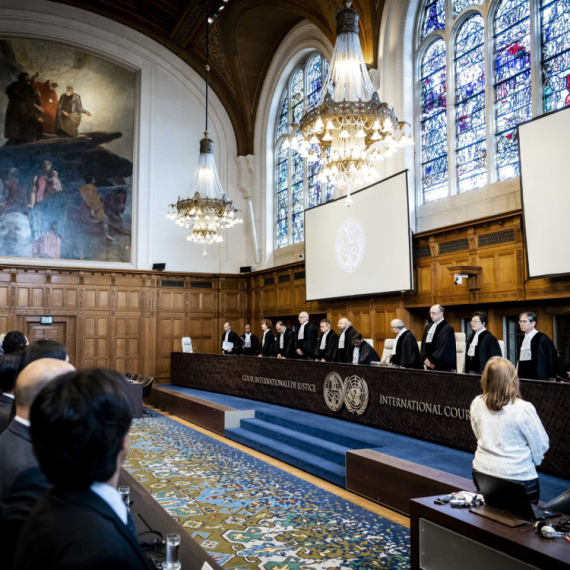

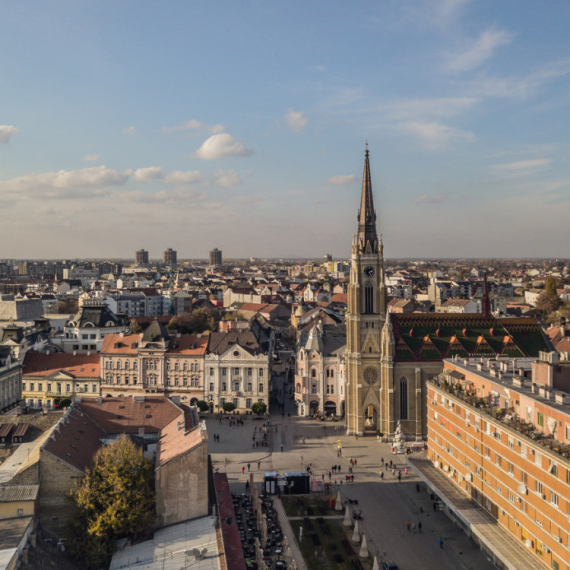

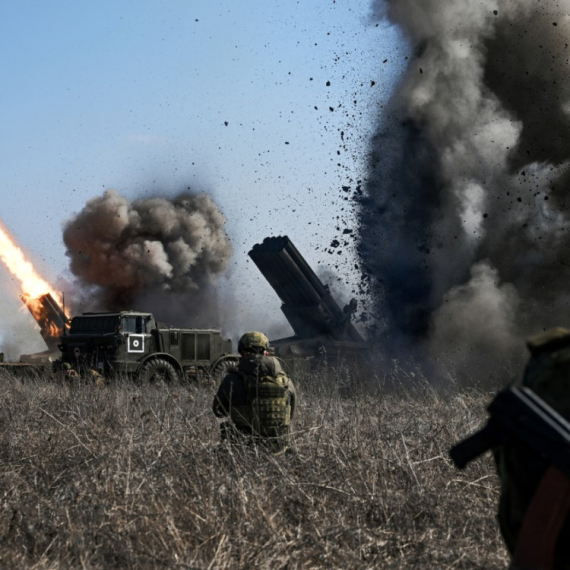
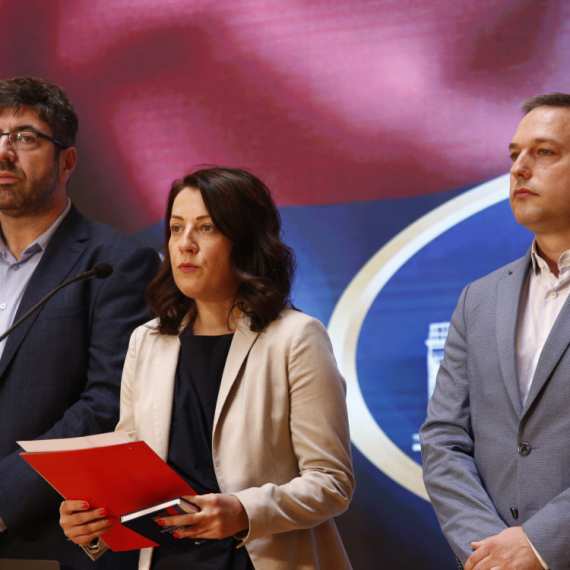

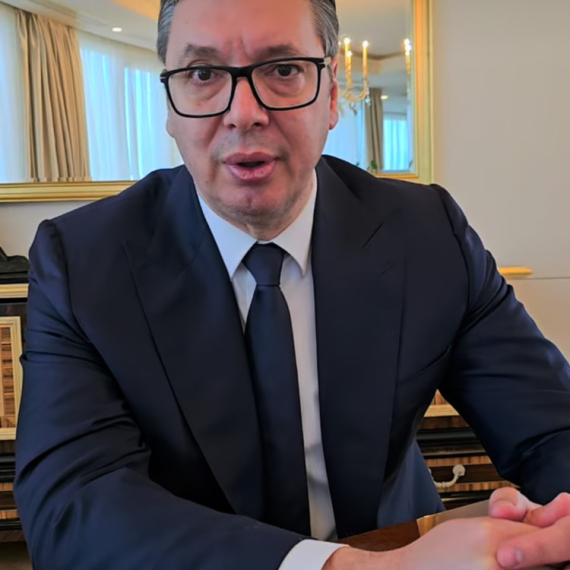



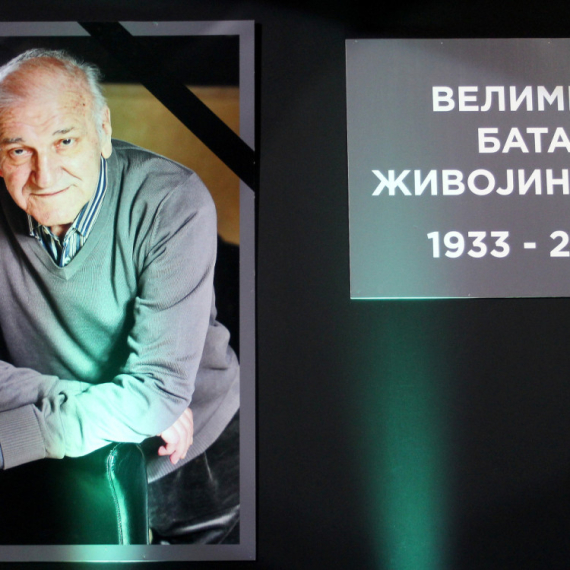





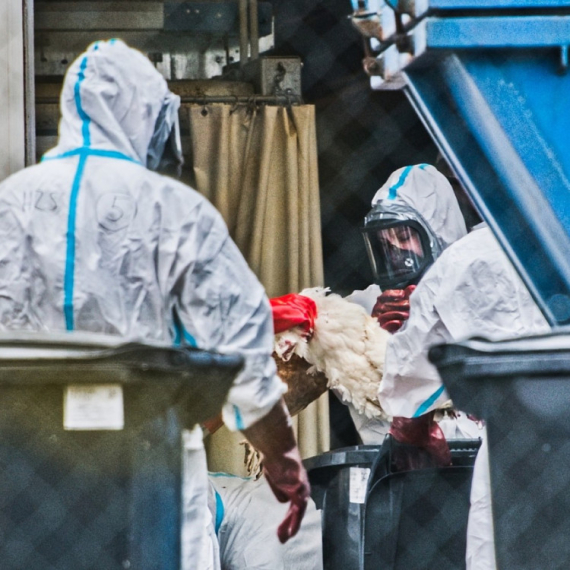










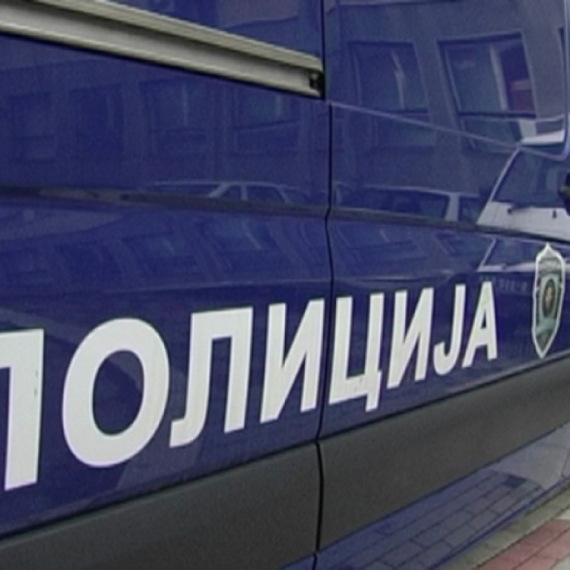



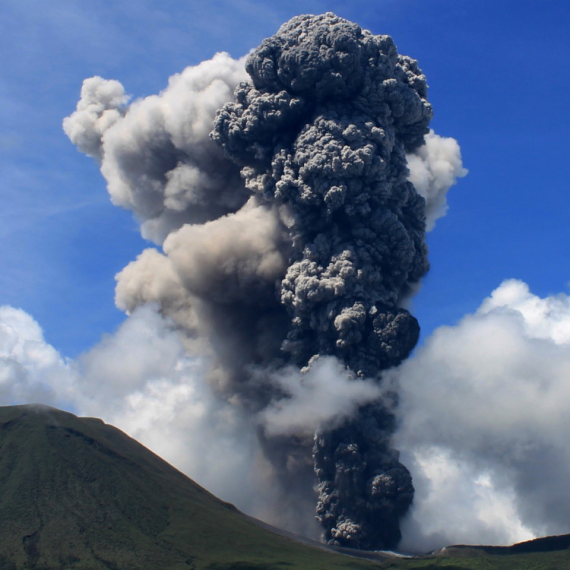







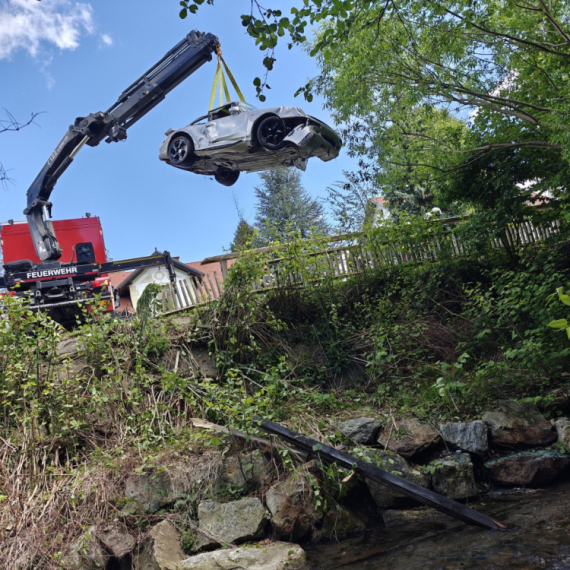
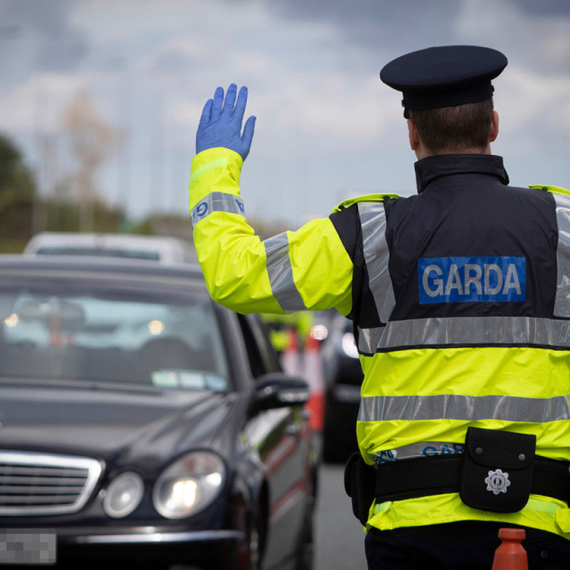



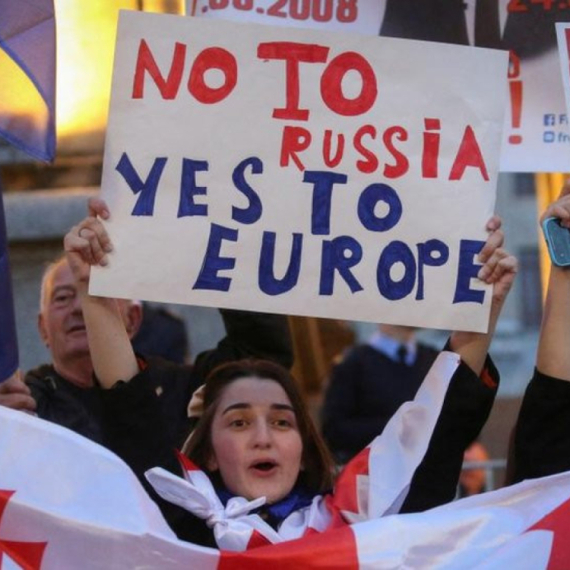
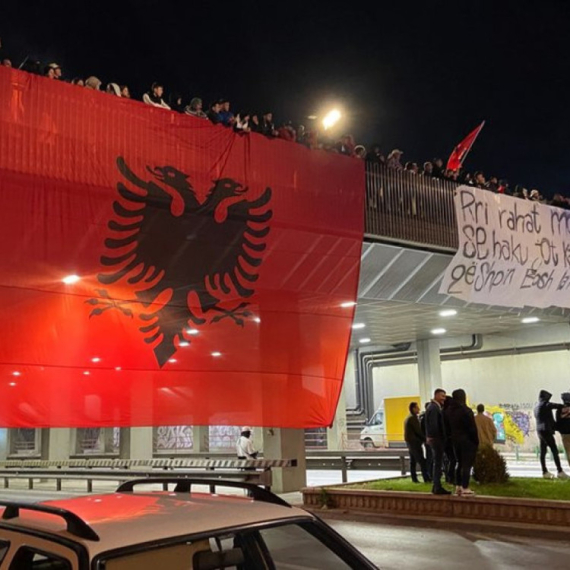

Komentari 9
Pogledaj komentare